Have you ever noticed how cities and towns seem to follow a certain structure? Residential homes are often grouped together, businesses are found in specific areas, and large factories are located far from neighborhoods. This structure is not by accident — it’s the result of zoning. Whether you live in Nairobi, Kisumu, or a small rural town, zoning shapes how your environment functions, grows, and feels.
Understanding Zoning: A Basic Definition
Zoning is a legal and planning tool used by local governments to manage how land is used. It divides land into zones, each with its own rules about what kind of development or activity can take place there. The goal is to promote order, safety, and long-term sustainability in cities, towns, and rural areas.
Zoning prevents conflicts between land uses — for example, ensuring a nightclub doesn’t pop up in the middle of a quiet housing estate, or that a factory doesn’t get built next to a school. By creating zones for specific activities, governments can ensure harmony and functionality in the built environment.
Common Types of Zoning
There are different types of zoning based on how land is intended to be used. The most common include:
Residential Zoning
This zone is set aside for housing. It includes everything from single-family homes to apartments and gated communities.
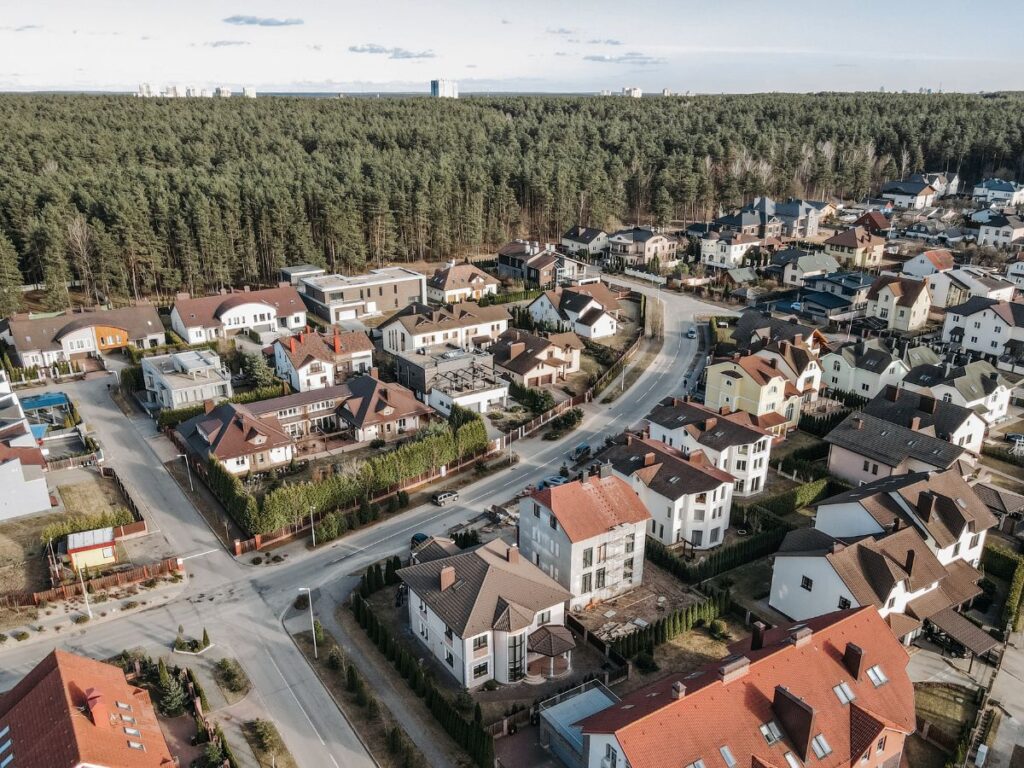
Commercial Zoning
This is where you find businesses such as shops, restaurants, offices, and supermarkets. It’s meant for trade and services.
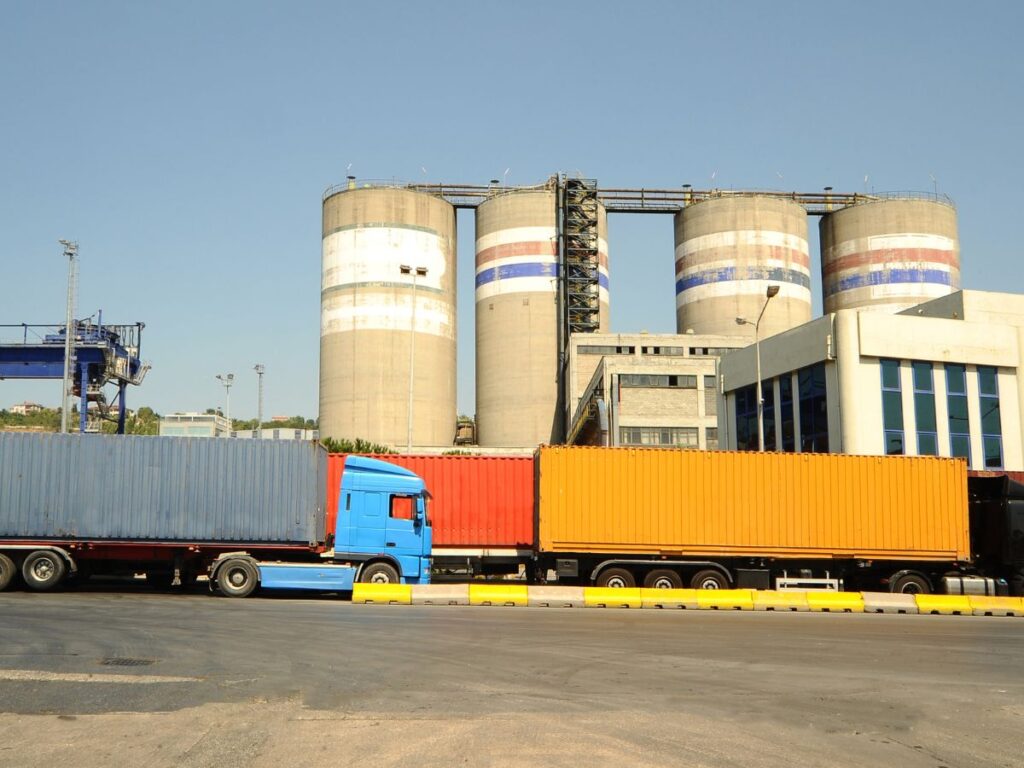
Industrial Zoning
Areas under this zoning are used for manufacturing, warehousing, and other industrial activities that may produce noise or pollution.
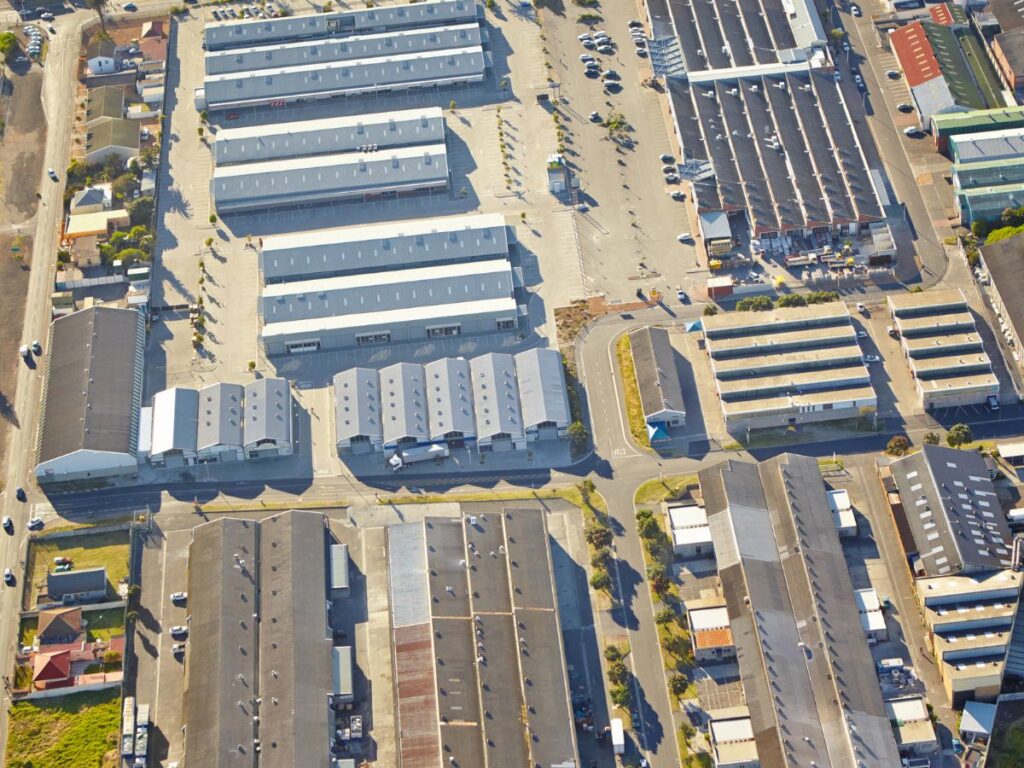
Agricultural Zoning
Reserved for farming activities like growing crops, keeping livestock, or tree planting. This zoning helps protect food-producing areas from being turned into buildings.
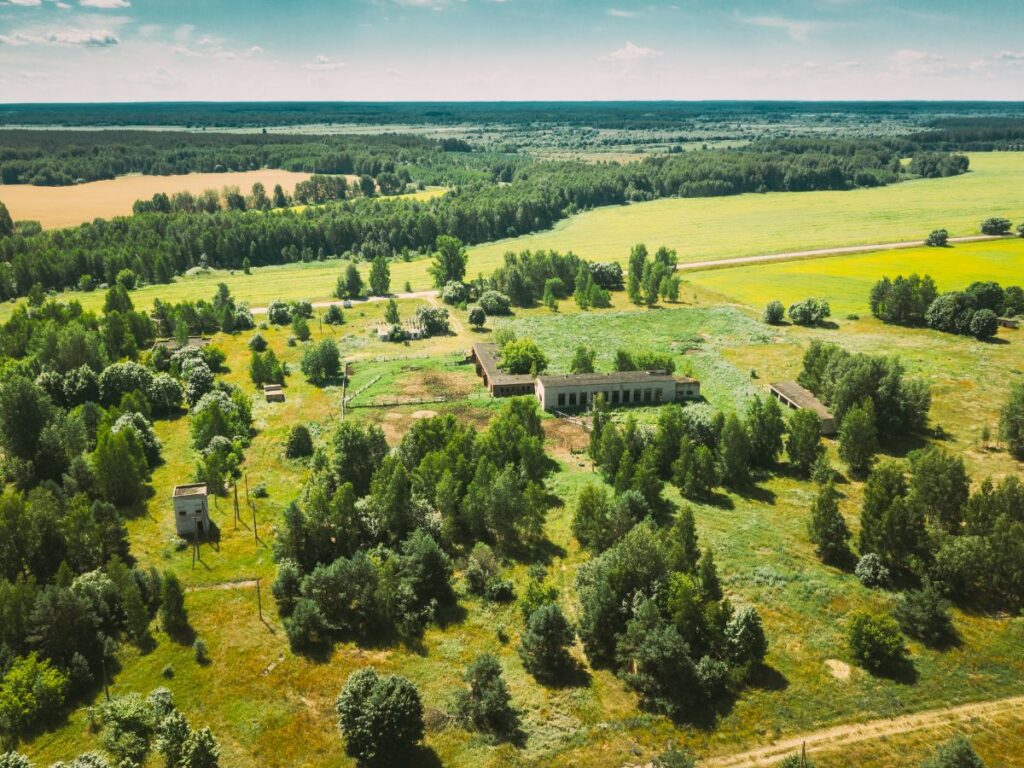
Mixed-Use Zoning
These are flexible zones that allow a blend of commercial and residential use — for instance, shops or cafes on the ground floor and apartments above.
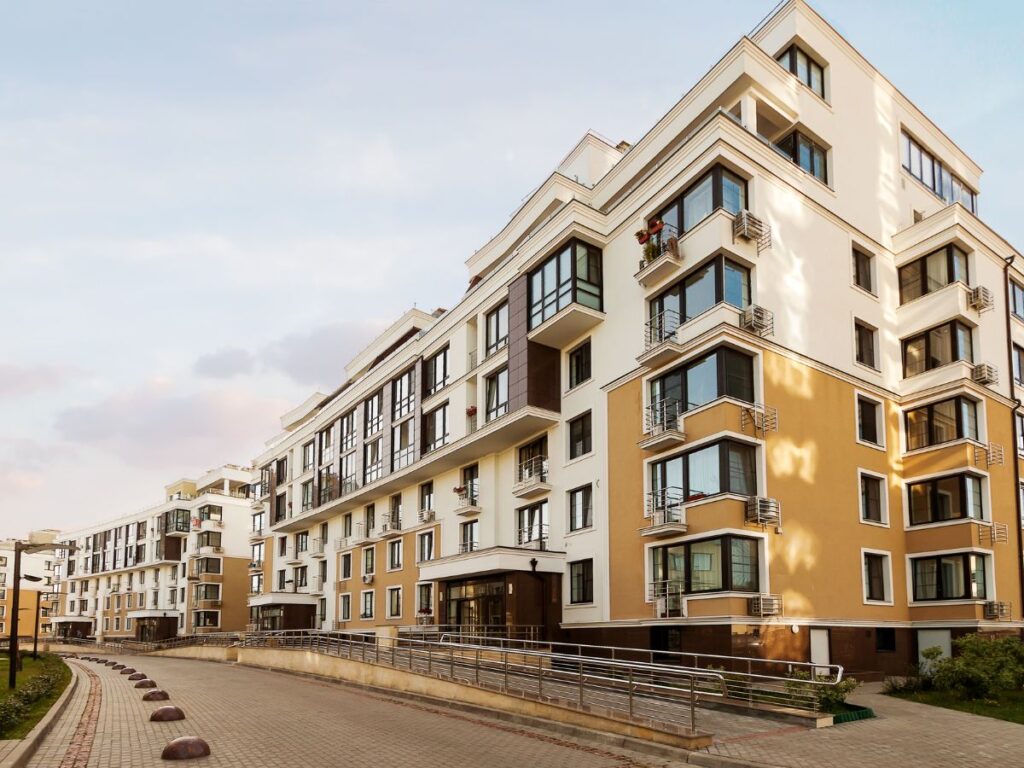
Institutional and Public Use Zoning
Used for schools, hospitals, churches, government offices, and other public services that serve the broader community.

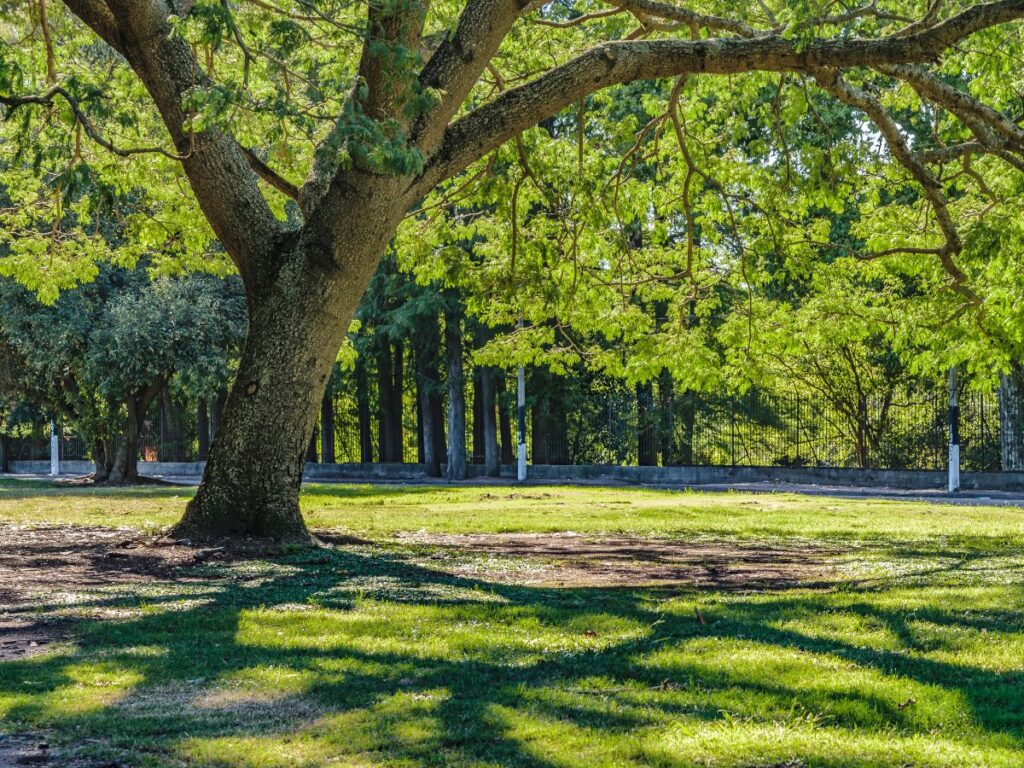
Why Zoning Matters in Everyday Life
Zoning affects every part of your daily experience — where you live, where you work, and even where your children go to school. When zoning is done well, it promotes better living conditions, smoother transportation, cleaner environments, and stronger economies.
It protects residential areas from industrial pollution and noise. It ensures that businesses are placed where people can access them easily. It preserves green spaces and cultural sites. It also helps guide infrastructure development like roads, drainage, water systems, and electricity lines.
Zoning is one of the most powerful tools cities have to prevent urban chaos and promote balance — but it must be used wisely and fairly.
Zoning and You: What Citizens Should Know
As a citizen, zoning affects many personal and economic decisions. For example, before you build a house, open a business, or buy land, you must understand the zoning regulations for that specific area. These rules tell you what’s allowed, what requires a permit, and what’s completely prohibited.
In Kenya, zoning is regulated under the Physical and Land Use Planning Act, which provides the legal framework for urban and rural development. Ignoring zoning laws can lead to serious consequences — like fines, denial of approvals, or even demolition of buildings that violate zoning rules.
Zoning also affects land value. For instance, land in a commercial zone often has a higher market value than land zoned for agriculture. Understanding these dynamics can help you make better investment decisions.
Making Zoning Work for the People
At Community Connect, we believe that zoning shouldn’t just be a tool for planners and government — it should be a shared conversation between communities and decision-makers. Unfortunately, zoning decisions often happen behind closed doors, without enough community participation or understanding.
That’s why we’re passionate about demystifying planning for everyday citizens. Through podcasts, blogs, and outreach events, we break down zoning and planning concepts into everyday language, empowering people to ask questions, share their views, and advocate for fair and inclusive development.
Final Thoughts
Zoning may sound technical, but it has a deep impact on your life and community. It affects your neighborhood layout, your daily commute, your safety, and even the price of land. By understanding how zoning works, you become better equipped to protect your rights, participate in planning processes, and shape a more inclusive and organized future for everyone.
If you’re curious about zoning in your town or want to learn how you can get involved in public planning, reach out to us at Community Connect. We’re here to help make planning accessible, relatable, and community-led — because every great city starts with an informed citizen.
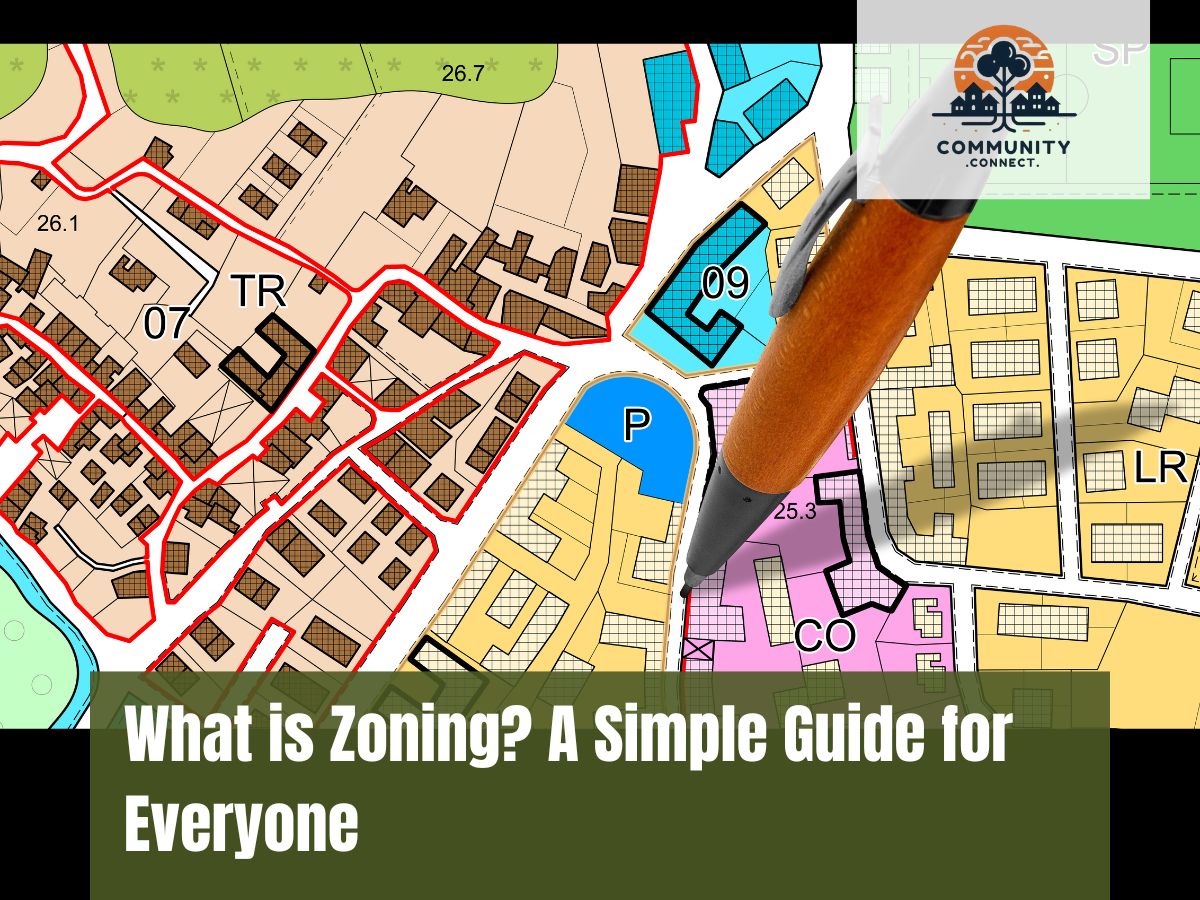
Leave a Reply